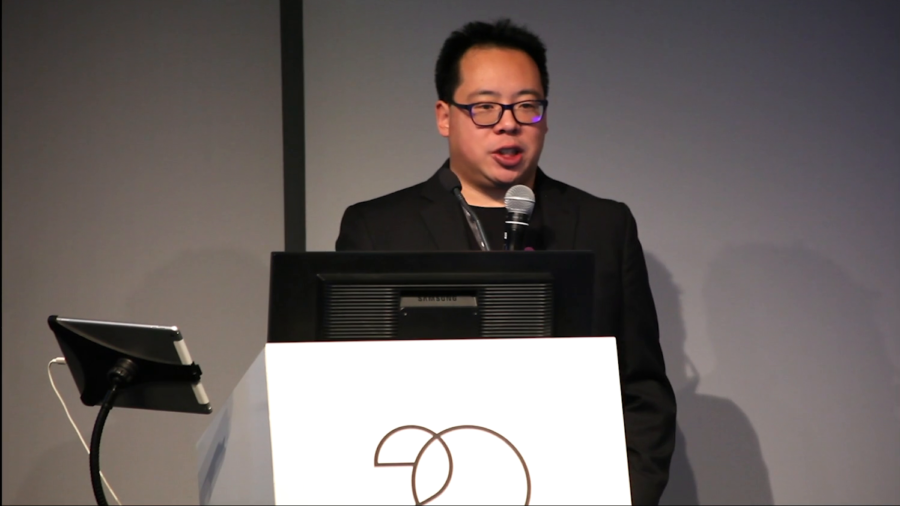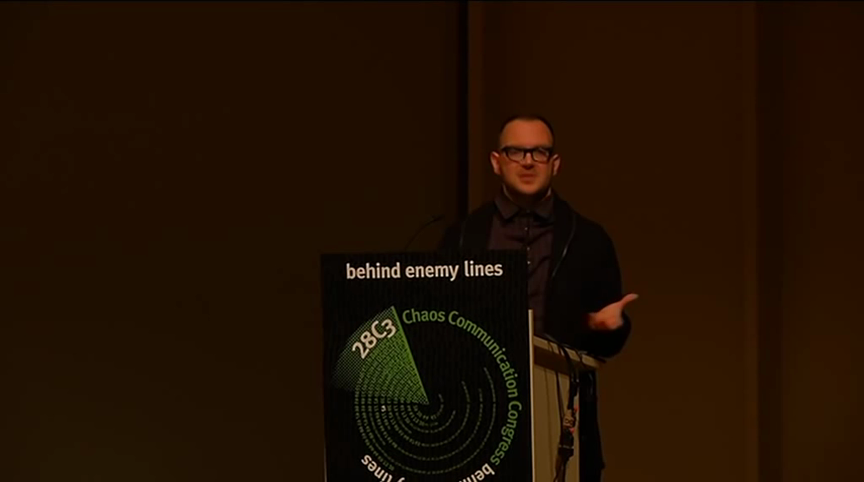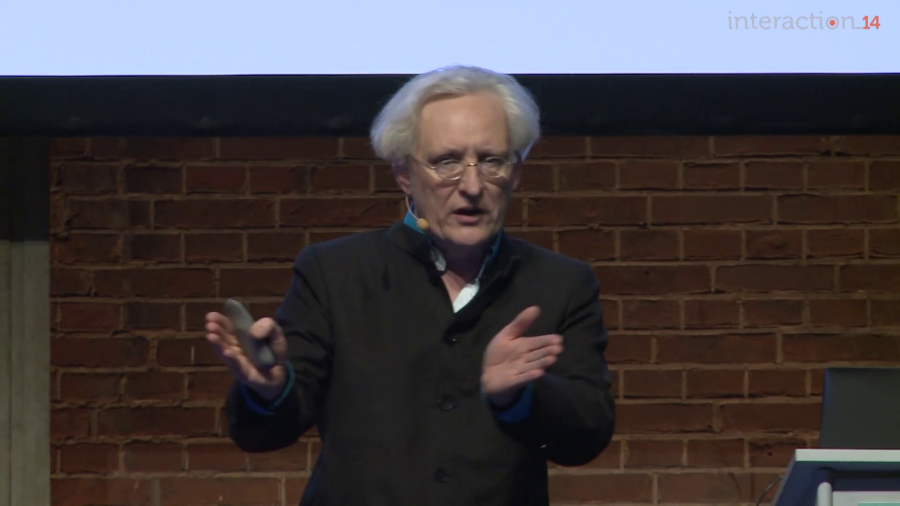Star Trek’s vision of a voice interface to computing was and remains incredibly compelling. So much to the extent that about three years ago, Amazon included “Computer” as a wake word to the Echo so that we can pretend to talk to the first mass-market voice assistant as if we’re on a spaceship in the 24th century.
Archive
We all know there’s a computer revolution. But very few people are asking whether it’s a right-wing revolution or a left-wing revolution. In fact this revolution is unlike most earlier ones because all facets of the body politic are in general agreement. They all think it’s good.
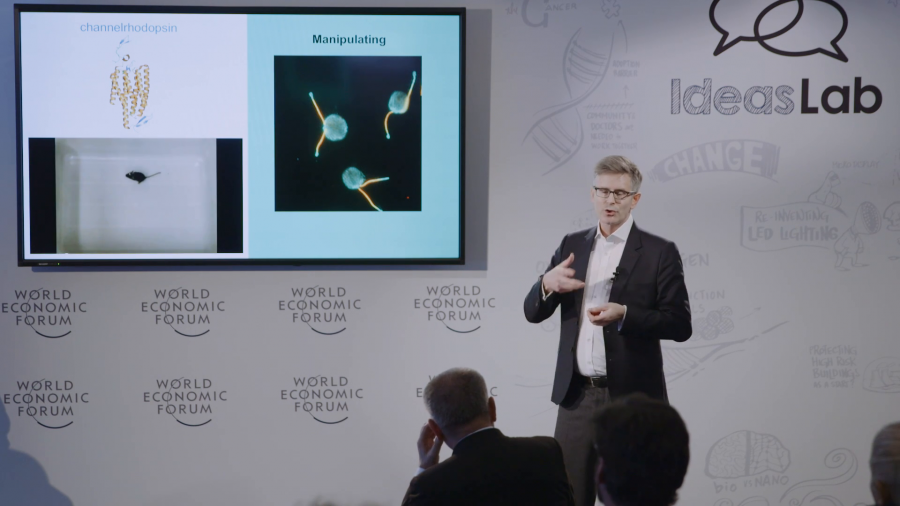
Over the past century, we’ve been to the moon, we’ve split the atom, we’ve sequenced the human genome, but were still only at the very beginning of our understanding of the human brain. This is one of the great challenges that we face. If we can understand the brain, we can develop better treatments for brain disorders, we can design better robots, better computers, and ultimately we can better understand ourselves.
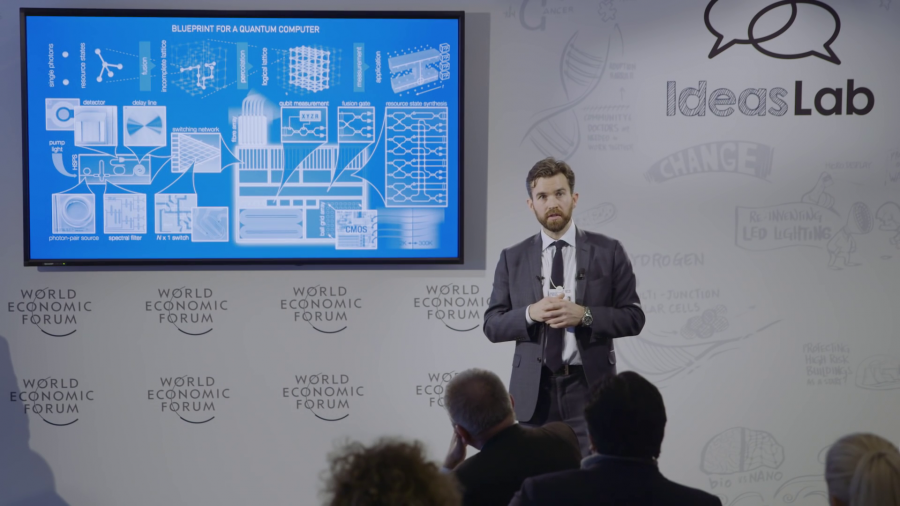
From vast data centers to mobile phones, the power of computers continues to transform our lives. But there are some problems across artificial intelligence, in the design of new materials, pharmaceuticals, and clean energy devices that they will simply never solve. So even if we turned our entire planet into a giant supercomputer we wouldn’t be able to solve these and many other important problems. The good news is that if we could build a computing device based on fundamental quantum principles, we could.
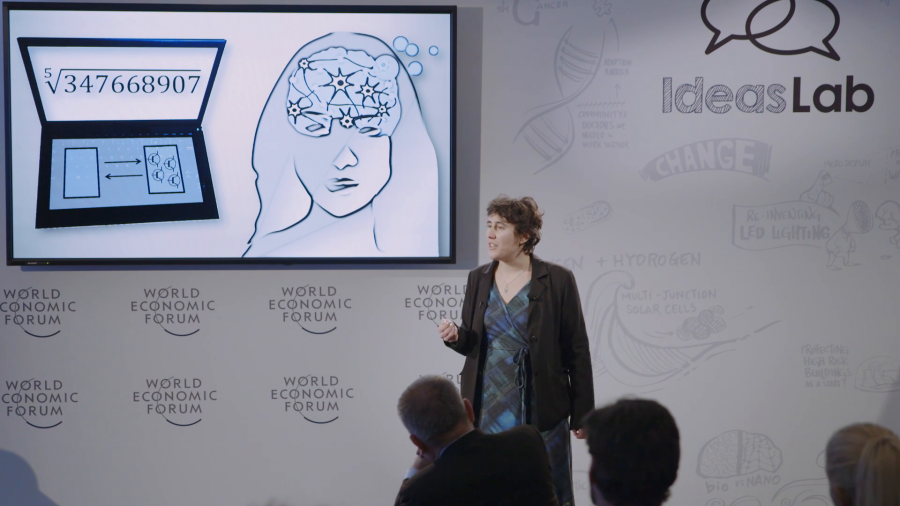
If we want to continue increasing the performance of our computers, we need to rethink the way we compute. And our brains are wonderful proof that impressive computations can be carried out with a very low power budget.

